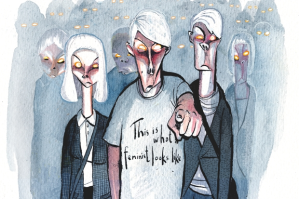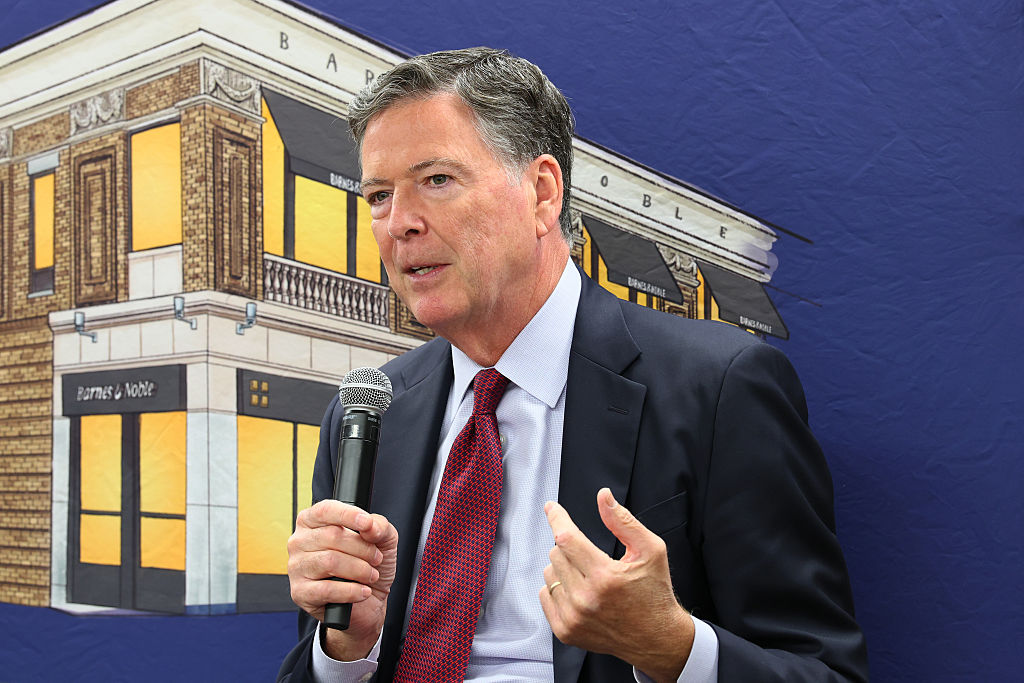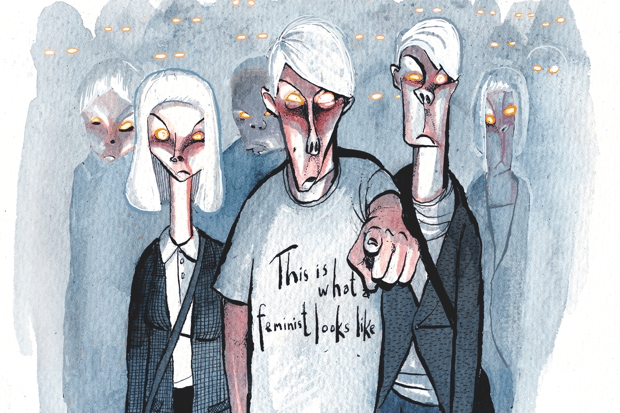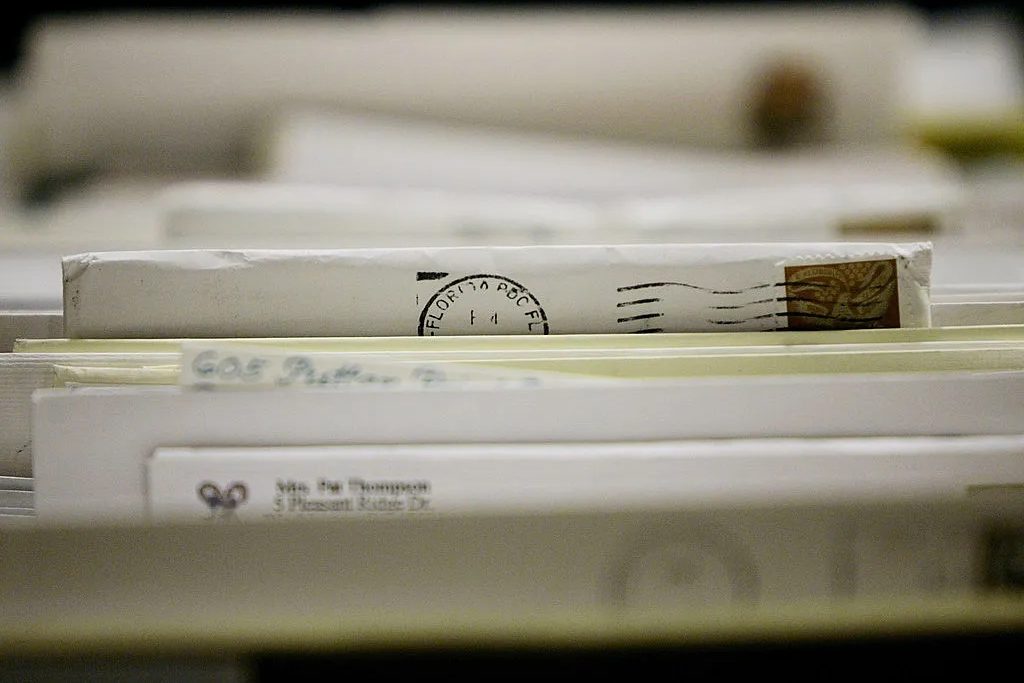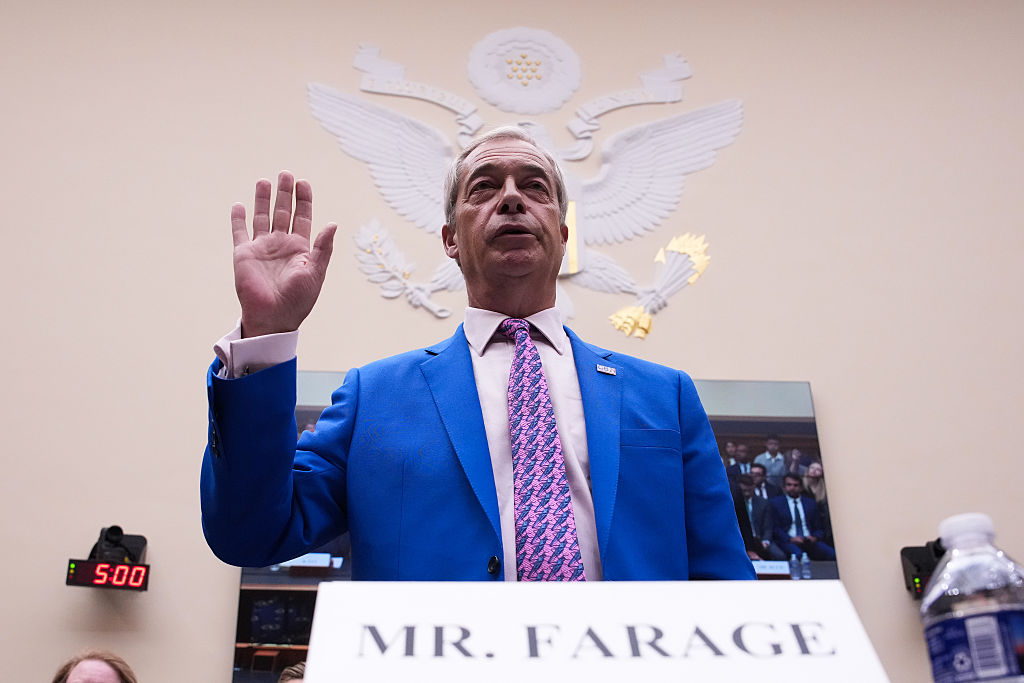New York
“This is Emma, she broke the ‘Laptop from Hell.’” That’s how I’m introduced at parties (or, as The Spectator’s Cockburn once dubbed me, the “Laptop-From-Hellraiser“). When I became deputy politics editor at the New York Post I was twenty-six. I couldn’t have imagined doing any story that would affect how I’m introduced three years later, after I switched jobs, maybe for the rest of my partygoing days. I started my career chainsmoking Canadian cigarettes over brunch in the East Village with my friend Vish, who didn’t work in politics or media at the time. Four years later, his new boss, Steve Bannon, would call me on Vish’s insistence to say, “Hi: I have a story that’s going to change your life.”
About a month after that phone call, after weeks of going back and forth negotiating, crisscrossing the city and beyond, meeting with lawyers, more lawyers and other people’s lawyers, meeting with law enforcement, long days, sleepless nights — on October 14, 2020, the Post would finally go to print with my first bylined story, the one we’re still here talking about today: “BIDEN SECRET E-MAILS, Revealed: Ukrainian exec thanked Hunter Biden for ‘opportunity to meet’ veep dad.” I was awake and watched the story, detailing an alleged meeting between one of Hunter Biden’s fellow Burisma board members and then-VP Joe Biden, publish online at 5 a.m., as the print paper — the longest-running in the country, founded by Alexander Hamilton — hit newsstands across New York and doorsteps across America. By 7:30 a.m., the link shot across Twitter, posted by Jake Sherman, Maggie Haberman… and then, as if someone had hit a kill switch, it was gone. The New York Post Twitter handle, gone. Anyone who tried to share the link was banned, the link was disabled, it was just… vaporized. On October 15, 2020, the cover of the Post read: “CENSORED.”
Inside that issue was a second tranche of reporting, covering the infamous CEFC China Energy deal, which had “10 [percent equity] held by H for the Big Guy.” Data released days later by MIT’s Technology Review showed the article was shared on Twitter 5,500 times per fifteen minutes, before the crackdown. After the crackdown, interest in the story shot up to 10,000 shares per fifteen minutes. On October 19, 2020, Politico published a story by Natasha Bertrand headlined, “Hunter Biden story is Russian disinfo, dozens of former intel officials say.” Buried in paragraph 10, Bertrand casually quotes the letter, signed by the likes of the DNI’s James Clapper and the CIA’s Michael Hayden and John Brennan: “We want to emphasize that we do not know if the emails, provided to the New York Post… are genuine or not and that we do not have evidence of Russian involvement.” That line seems like something I would have thrown into the lede if I were the editor at Politico, but hey, Big Tech needed an official justification for their censorship of the story, so be it.
Joe Biden would go on to eke out an election win without directly addressing the story, insisting it was just “Russian disinformation.” Legacy news outlet after legacy news outlet, in the months and years to follow, would come out one by one to quietly admit that the laptop reporting was true, that despite what they had previously said, nothing was fabricated, nothing was hacked, nothing was Russian (for the record, I am Canadian!) — the emails are authentic. And Joe Biden, or his conduits Hunter Biden and James Biden, would all skirt having to answer for any of it: until now. The Republicans will convene the 118th Congress in the majority this month, vowing to investigate the Biden family deals, coordinated Big Tech censorship of the stories and intelligence community meddling in domestic politics. Kentucky congressman James Comer, set to head up the House Oversight Committee, has announced that his investigations will focus on Joe Biden, examining a litany of potential violations and potential areas where he is compromised, regarding the Biden family business scheme. Congressman Darrell Issa, most notably of Benghazi investigation fame, told Breitbart News in March that he had already sent preservation of documents notices to twelve individuals from the intelligence community, White House, Facebook and Twitter, signaling that he will be zoning in on election interference with regard to the suppression of the “Laptop from Hell” series.
But what I am really waiting for in this, after growing up watching the Clintons master the art of selling America, and now seeing firsthand the Bidens doing the same, is for Congress to use this travesty to pass reforms preventing it from ever happening again. They seem to understand where to focus in terms of what happened and what needs closer examination, but the point ought to be to inform legislation so that the American people can never be so egregiously taken advantage of — by their elected officials, by their bureaucrats, by publishers and platforms they rely on for information — ever again. And, you know, I wouldn’t mind having my party intro updated.
This article was originally published in The Spectator’s January 2023 World edition.












